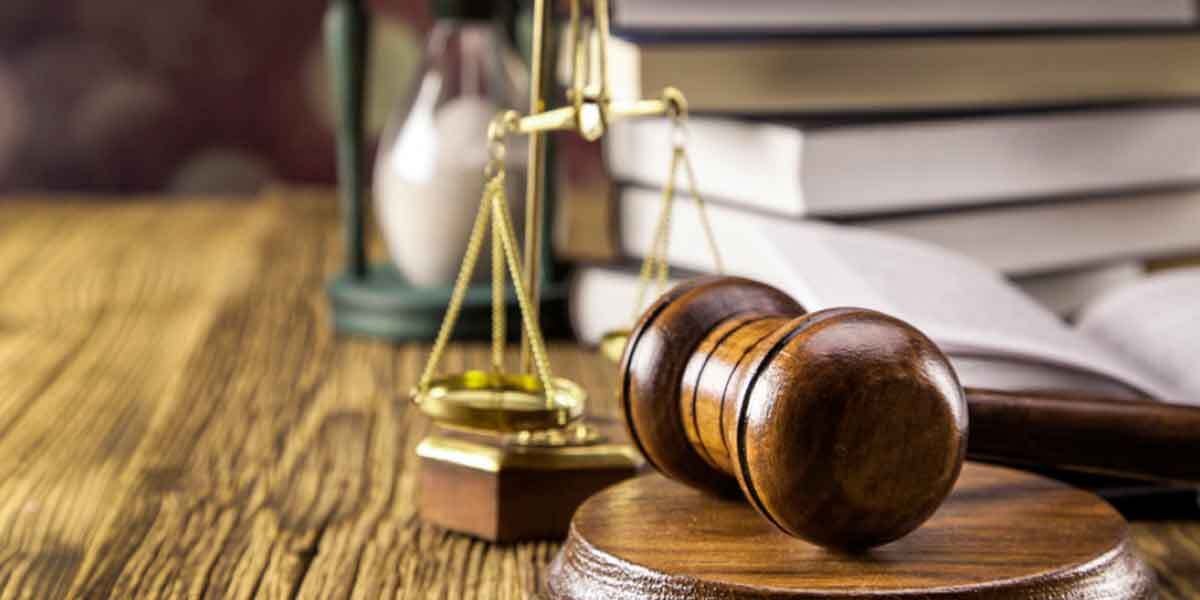Estate planning is simply all about the distribution and management of a deceased assets upon his death or incapacitation. Estate plans are usually made when one is alive and it will come into effect when he dies or becomes incapacitated. It is advised that you plan your estate early then update it when necessary to avoid dying without one.
Most people aren’t aware of what estate planning really is or how it works. For some, it is all about writing a will. Estate planning is far broader than drafting a will that contains how ones properties is to be shared amongst the designated beneficiaries. Several assets can constitute an estate. These assets could be cars, jets, houses, pension, stock, etc.
If you fail to plan your estate while alive and you kick the bucket eventually, your assets or properties will be shared and managed based on the intestate law of your state. This process is often not a straightforward one. It is costly and time-consuming. If you don’t want to put your family through lots of stress after your demise, make necessary plans to plan your estate while alive.
Why should you plan your Estate?
Firstly, one vital thing you should take note of is that, everyone needs to plan his or her estate. Estate planning isn’t for just the rich. If you have an asset, irrespective of how small it is, you can go ahead and plan your estate so that a designated beneficiary will take it as an inheritance when you die.
What is an estate? An asset is simply the assets or properties you own. It can also be regarded as your net worth at any point in time.
If you die without planning your estate, who will inherit the things you own? Well, your assets wouldn’t lie fallow when you die without planning your estate, neither will it be shared or managed as you want it to be ( remember you didn’t plan your estate), rather , all that you left behind will be shared and managed based on the intestate law of the state you reside in. This process can be messy, it is often time-consuming, stressful and very expensive as lots of court payments are made and those you left behind will also have to hire a good lawyer to represent them in court.
Will
A will is one of the most significant elements of estate planning. Without a will, an estate plan isn’t complete. This legal document is that which states the assets of the deceased, how each will be shared, including whom it will shared to.
Put simply, a will contains your wish on how your estate is to be shared. Some people believe that estate planning begins and ends with the drafting of wills, this is so not true. In fact, estate planning is more than writing wills.
In the will is the name of an executor. The executor could be anyone from a trusted friend to a relative, etc. The job of an estate executor is to ensure that the wish of the deceased concerning his assets are fulfilled. It is therefore safe to say that an estate executor acts on behalf of the estate owner. Other duties of an estate executor ranges from locating all unpaid debts and taxes of the decedent and making efforts to see that they are outrightly settled. As stated, he is also charged with managing the estate.
Probate
When the owner of an estate dies, his will undergoes probate. Probate is carried out on a will to determine its authenticity. It is done to ensure that the will was actually written by the owner without duress. The probate process is often dreaded by most people because of several reasons. This process can be long, though this depends on the circumstances surrounding the estate.
During the probate process, the estate executor is legally certified or approved as the executor of the estate. After his approval by the court, the estate executor is free to perform his job as required. One of the most important duties of an executor is to locate and settle the debts of the deceased. After all the unpaid debts and taxes of the deceased must have been settled, the money left is then distributed to the designated beneficiaries.








